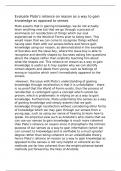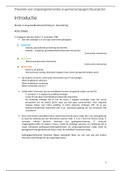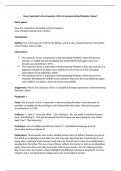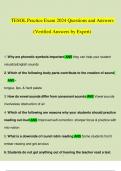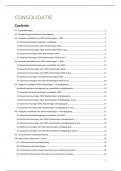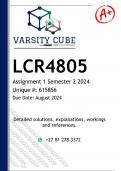Essay
Evaluate Plato’s reliance on reason as a way to gain knowledge as opposed to senses
- Module
- Institution
An essay which evaluates Plato’s reliance on reason as a way to gain knowledge as taught under OCR A Level RS H573/01 Philosophy of Religion
[Show more]
